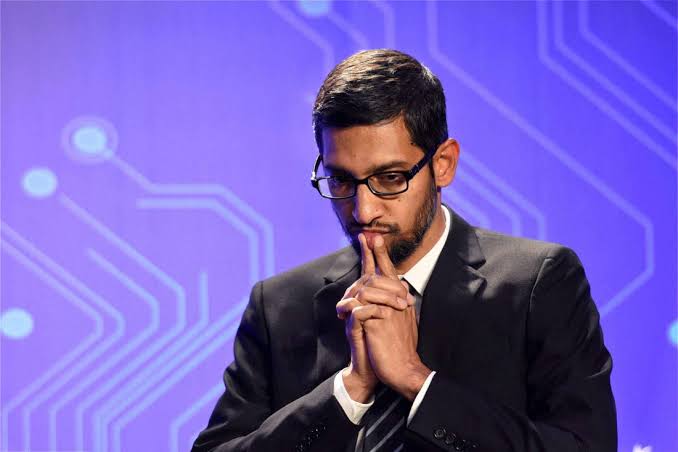Pichai Sundar was appointed the CEO of Google’s mother company Alphabet last month. He is now the CEO of both Google and Alphabet.
As his first public move in his new role, he has called for the AI to help govern how the emerging technology is used.
Expressing his concerns in a recent editorial in the Financial Times Pichai wrote
“Now there is no question in my mind that artificial intelligence needs to be regulated. It is too important not to. The only question is how to approach it”
Pichai recommended an approach that balances “potential harms, especially in high-risk areas, with social opportunities” in his editorial, he also cited Europe’s GDPR as a “strong foundation” for AI regulation.
Why, where and how to regulate
Pichai suggests that areas such as medicine already have certain regulations upon which AI regulations can be built but for other areas, government intervention is needed to build a globally accepted yet varying slightly from one region to another. Self-driving cars, for example, would require government regulations while medical pacemakers or health monitors have already been regulated to a large degree.
He believes that leveraging the power of AI for the greater good should be in the forefront of every organisation but leaving it to the market to decide the current and direction will be passive and ill-advised.
“Companies such as ours cannot just build promising new technology and let market forces decide how it will be used. It is equally incumbent on us to make sure that technology is harnessed for good and available to everyone.”
Pichai referenced the Google AI principles which were introduced in 2018 after the company came under criticism for it Google Clouds work with the US military. He said these principles have been applied across Google. It states how and where Google will and will not “design or deploy” its technology.

